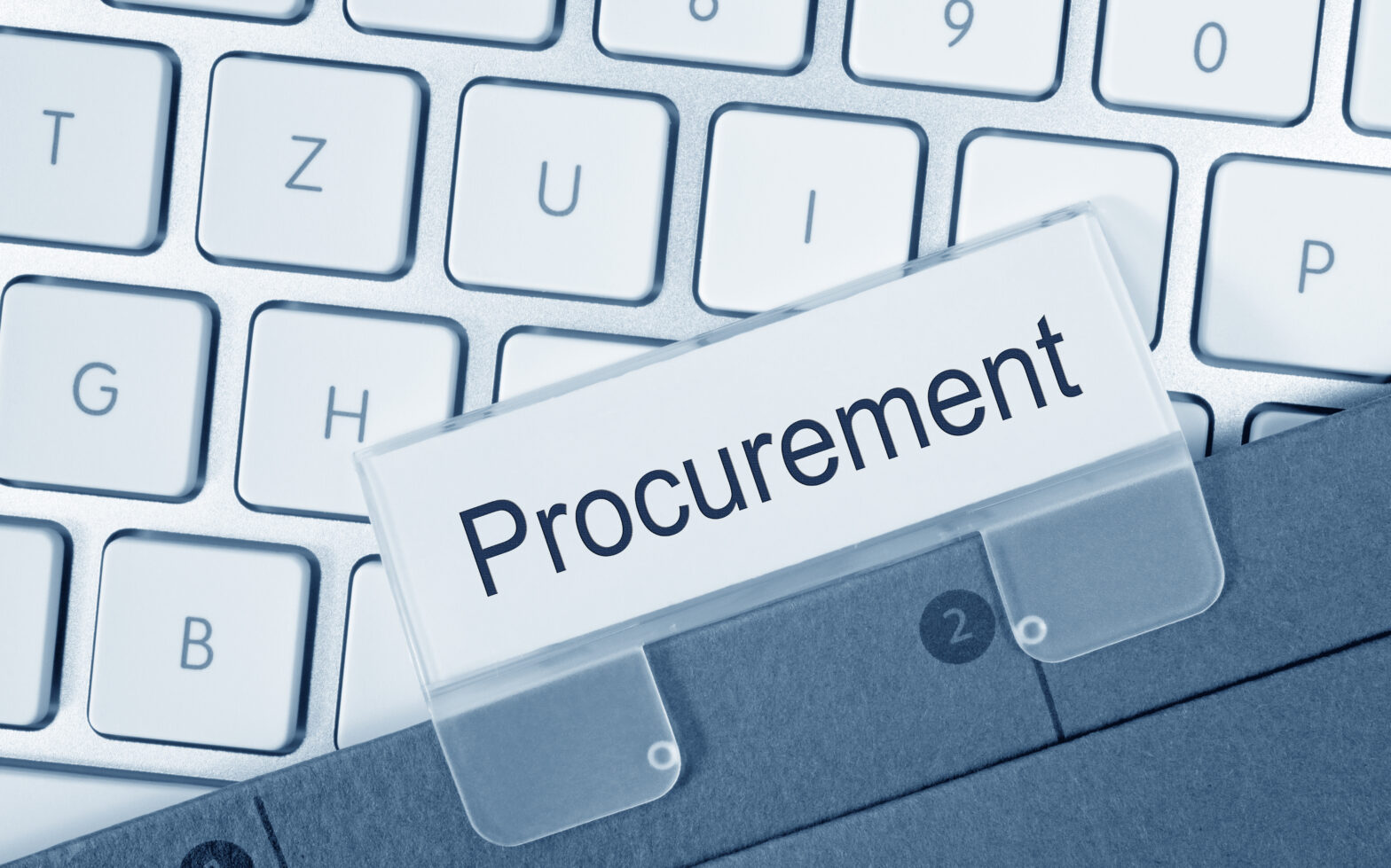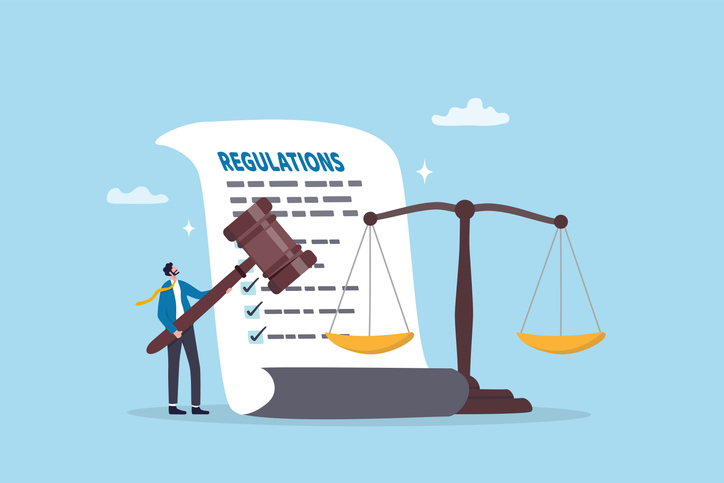The trust and security engendered by a business’s close relationships with its suppliers are more important than ever in today’s economically uncertain times – particularly when that business relies on its suppliers to bolster its own image, reputation and bottom line. A supplier’s price, quality, reliability, technology, and industry knowledge can offer a business an advantage over its competitors.
However, as purchasing budgets are becoming ever tighter, businesses are being forced to cut costs and look for the lowest possible prices, leading to awkward conversations between businesses and their suppliers, and placing pressure on their relationship. A delicate balance must be found if companies are to meet their business objectives while remaining on positive terms with their suppliers.
But, although businesses may, by necessity, become more demanding of their suppliers, they can avoid being perceived as difficult by ensuring transparency and reliability in their relationships.
Laying the foundations of a supplier relationship
A strong start is crucial in building up a new relationship that enables both supplier and purchaser to get the most out of their partnership. A level of transparency can be firmly established from the start by making all prospective suppliers aware what will be expected from them during the initial qualification and selection process, and beyond.
Once suppliers have met the purchasing company’s qualifying criteria, contract terms should be negotiated, including clearly stated expectations in terms of product, timeframe and price. In addition suppliers should be made fully aware of any and all penalties should this contract be breached. It’s hugely important that, once the contract is in place, its terms are upheld. After all, if suppliers were able to break these terms later on in the relationship, they could be setting a precedent for subsequent defaults.
And no matter how strong the terms of the contract, and how well communicated, a purchasing company should not be complacent, and should always have a contingency plan in place. Maintaining a sufficient database of potential suppliers will allow them to negotiate with an alternative should their current provider be unable to fulfil the terms of their agreement. By using a number of suppliers in the bidding process, and regularly requesting up to date quotations from their incumbent, purchasing companies can ensure that their suppliers remain competitive, offering the lowest prices that they can afford, and helping the purchaser to keep its costs down.
Two way traffic: Supplier and purchaser
However, there are, of course, two sides to any relationship, and for the desired transparency and reliability to be fully effective, both supplier and purchaser should fulfil their own respective part of the contract.
A supplier is more likely to trust a customer that pays on time, for example, but while there’s room for negotiating favourable payment terms in advance of an order, these terms shouldn’t be changed by the customer once the order is in place. If the customer isn’t able to pay as agreed, then they should contact their supplier as soon as possible, offering them a valid reason and proposing a new payment date.
Similarly, whenever a customer places an order, it should give its supplier as long a lead time as possible, and notify them should this need to change for any reason.
Making such considerations toward a supplier will help to increase their level of trust. Particularly important suppliers can be made to feel even more valued by offering them an insight into their customers’ business strategies. Effectively treated as partners, they can share in a purchasing company’s success, and be kept up to date with company news and changes in staff and product lines. And, if they feel suitably included, they may soon reciprocate and help to find new customers for their purchasing allies.
Striking the balance between the best prices and a strong relationship
So, while there are more demands on businesses today than ever, there are ways of meeting these demands without resorting to behaviour which could cause damage to both parties in the long term. Probably most importantly, both purchaser and supplier should set out and agree their rules and expectations right from the start. Then, by establishing a degree of openness and transparency, by maintaining two-way communication, and by respecting a supplier’s business needs, they can lay a solid foundation for a strong future together. In doing so, companies are able to strike a precious balance between finding the best prices possible, and continuing to enjoy a trusting, and mutually beneficial relationship with their suppliers.





